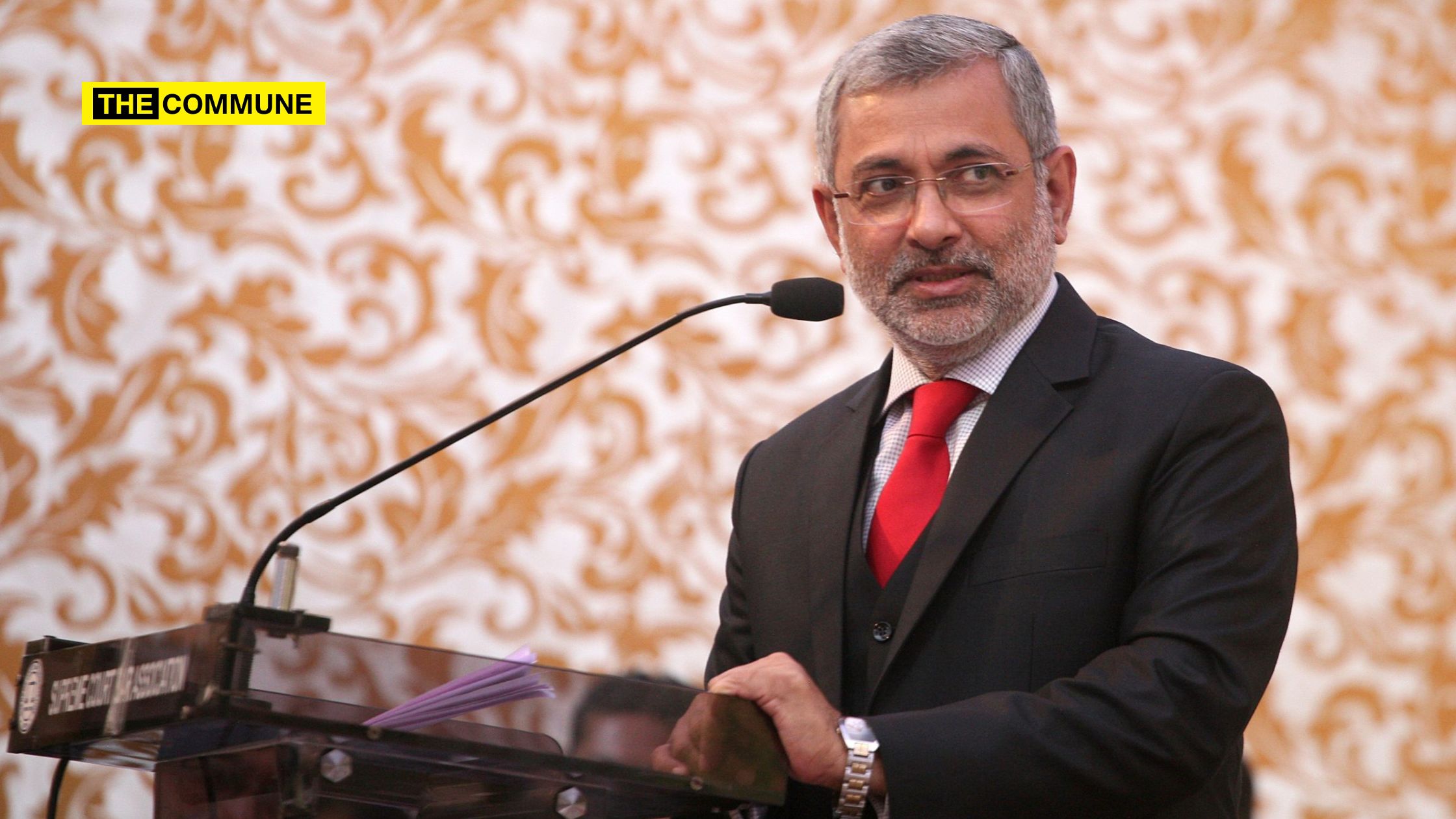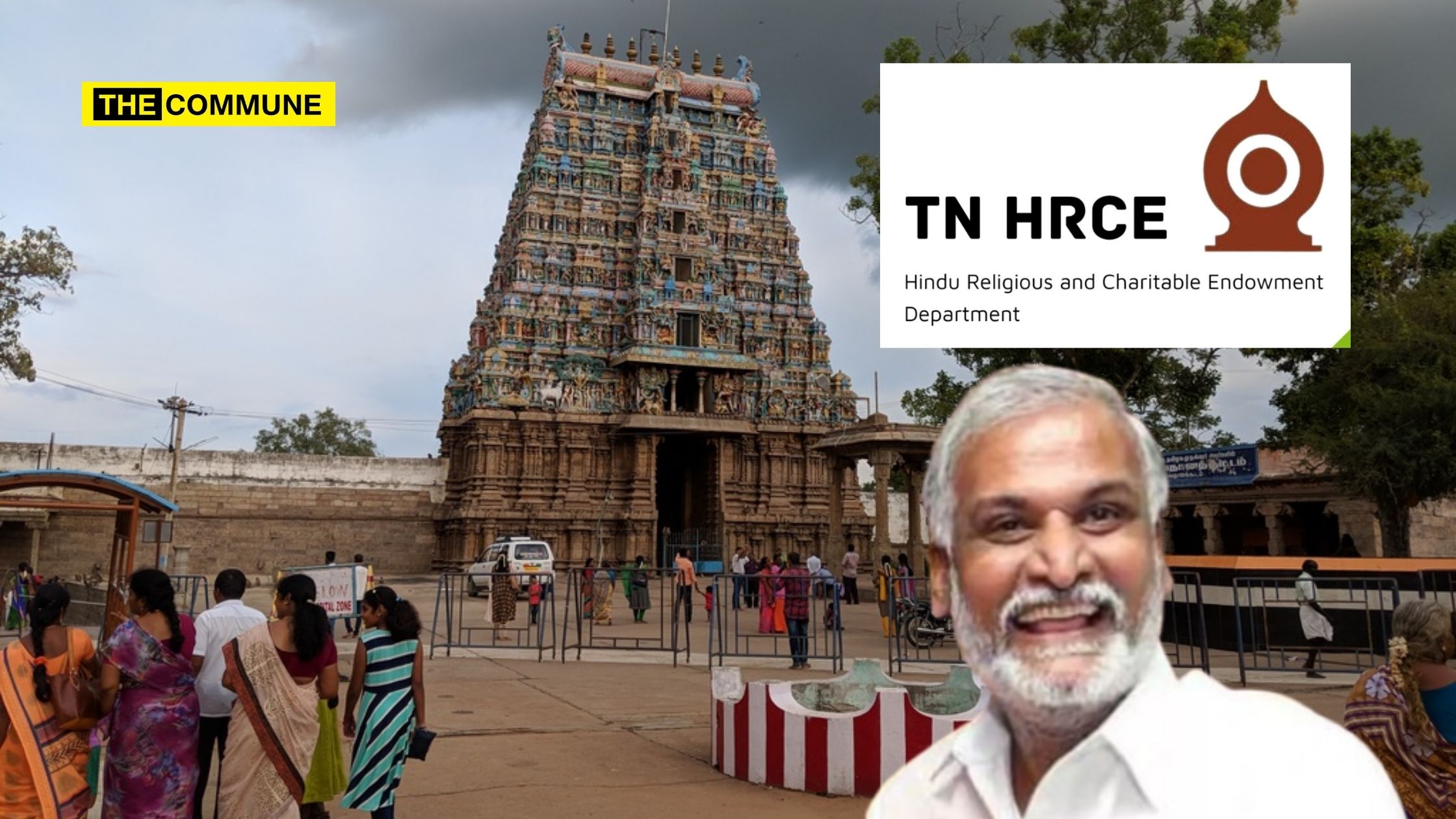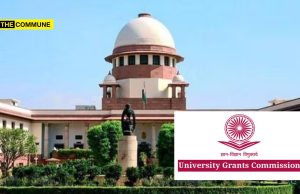
Retired Justice Kurian Joseph’s name was mentioned in the news just as TN Chief Minister MK Stalin announced the formation of a committee to examine state autonomy and center-state relations. Once a prominent figure in India’s judiciary, has often been hailed for his outspoken views and his willingness to challenge the status quo. But a deeper look at his actions, statements, and post-retirement behavior paints a portrait of contradictions and selective morality. This article explores how the judge’s own track record at times undercuts the ideals he claimed to uphold.
Religious Bias Masquerading As Secularism
Triple Talaq Verdict For Applause, Good Friday Boycott For Faith
Justice Kurian Joseph played a pivotal role in the landmark Triple Talaq case, voting to strike down the practice as unconstitutional. He declared it “against the tenets of the Quran”, thereby questioning its religious legitimacy. However, this decision was widely argued progressive, also subtly positions the judiciary as an interpreter of religious texts—a role it is not constitutionally bound to perform. Moreover, Kurian Joseph, a Christian judge, ruling on a sensitive Islamic issue, faced questions about whether his theological interpretation crossed ethical boundaries.
But the same Judge Kurian Joseph refused to attend a conference called by the Chief Justice on Good Friday, stating it was a violation of India’s secular fabric. While this ‘secular’ judge sees no issue in interpreting and ruling on the religious practices of others in the name of secularism, critics questioned why attending a routine meeting on a Christian holiday would suddenly be seen as a threat to India’s secular fabric.
Questions Hindu Roots In Court Motto, Yet Equates Catholic Church And Pope With Constitutional Ideals
At a forum hosted by the left-leaning outlet The Wire, Justice Kurian Joseph took issue with the Supreme Court’s Sanskrit motto — “Yato Dharmastato Jayah”, meaning “Where there is Dharma, there will be Victory.” This phrase appears multiple times in the Mahabharata and reflects a broader philosophical ideal rooted in Indian tradition.
Justice Joseph questioned why the Supreme Court couldn’t adopt a more “secular” phrase like “Satyameva Jayate,” which is used by various High Courts. But this argument falls flat when one considers the actual context, the Supreme Court, as the apex judicial body, has a distinct identity and thus a unique motto — one that symbolizes a higher moral and ethical pursuit of justice (Dharma) that transcends mere legal technicalities.
His discomfort with a motto rooted in Hindu philosophy starkly contrasts with his ease in invoking Christian doctrine in public forums. While he questioned the Supreme Court’s Sanskrit motto drawn from the Mahabharata, he had no hesitation in comparing the Catholic Church to the Indian Constitution, stating, ‘The Catholic Church is one that has always assimilated in itself all the traditions and cultures brought in by the believers from all over the world. This is similar to the preamble of our Constitution, which starts with the word ‘We’.” He even glorified the Pope as a unifying force, portraying him as the symbolic head who binds the Church together as a single entity. Such selective reverence raises questions about consistency in upholding secular principles.
This inconsistency raises a fundamental question, is secularism just a shield to selectively critique Hindu cultural elements while glorifying others? It’s not about Sanskrit, religion, or even the Mahabharata — it’s about consistency and fairness. And in this case, Justice Joseph’s views appear heavily tilted, not toward secularism, but toward a selective, biased narrative.
The “No Retirement Posts for Judge” Pledge – In Letter, Not In Spirit
In 2018, just a day after his retirement from the Supreme Court, Justice Kurian Joseph made a striking public statement: former judges, he said, should not accept post-retirement posts from the government if these are offered as a form of “charity.” The only exception, he clarified, would be when a government “honourably” requests a judge’s service in a way that preserves institutional integrity and independence.
https://t.co/3TYDktg0Z4 pic.twitter.com/wzvCgRWgYp
— Hariprasad Ramanathaganesan (@TheHariprasad) April 15, 2025
His remarks came at a time of intense scrutiny of judicial-government relations, shortly after he and three other senior judges had held an unprecedented press conference raising concerns about the functioning of the judiciary and its autonomy.
Fast forward to 2025, and Justice Kurian Joseph finds himself at the head of a high-level committee announced by Tamil Nadu Chief Minister M.K. Stalin. The panel has been tasked with examining Centre-State relations and recommending measures to protect the rights of states under India’s federal structure. It includes former IAS officer Ashok Vardhan Shetty and economist M. Naganathan, both with long-standing ties to the DMK government.
The timing and context of the appointment raise questions about how Justice Joseph now interprets his earlier position on post-retirement roles.
The Collegium U-Turn
Similarly, in January 2018, Justice Kurian Joseph, alongside three senior judges, held a historic press conference warning of a judicial crisis and accusing then-Chief Justice Dipak Misra of irregularly allocating sensitive cases. The move was framed as a bold act of institutional conscience, aimed at safeguarding judicial independence.
Yet, in a puzzling turn after retirement, Justice Joseph gave a series of conflicting interviews. He initially denied any political interference, only to later admit that “external influences” and “remote control” had impacted the Chief Justice’s actions. These abrupt flip-flops—just days apart—sparked skepticism: was this genuine concern for the judiciary, or a strategic narrative driven by personal grievance?
This pattern of reversal wasn’t isolated. While on the bench, Justice Joseph staunchly defended the opaque collegium system—where judges appoint judges—and helped strike down the NJAC (National Judicial Appointments Commission), which aimed to bring transparency and public accountability.
Yet once outside the system, he admitted that rejecting the NJAC may have been a mistake. This sudden change of heart, coming only after stepping down, raises a familiar question: was it delayed wisdom, or an opportunistic repositioning free from institutional responsibility?
Other Hypocrisies
The Yakub Memon Case
Much like in the Triple Talaq case, Justice Kurian Joseph drew controversy for siding with death row convict Yakub Memon’s last-minute petition, citing alleged procedural lapses by the Supreme Court. Yakub Memon, convicted for financing the devastating 1993 Bombay bombings, was not only a key figure in the attacks but also the brother of prime accused Tiger Memon. Critics questioned whether Justice Joseph’s intervention reflected a genuine concern for due process—or a selective display of sympathy in a high-stakes terror case
While due process is critical, some viewed his intervention as opportunistic, timed for maximum media attention. It seemed to cater more to the public sentiment around judicial activism than to any consistent principle—especially since he had not made similar procedural protests in other death penalty cases.
Publicly Called Out By National Commission For Minorities
In a rare and scathing indictment, George Kurien, then Vice-Chairman of the National Commission for Minorities, openly branded Justice Kurian Joseph a hypocrite. He questioned the judge’s claim of contributing to minority representation in the judiciary, pointing out that such decisions are collective ones made by the collegium.
Further, the NCM Vice-Chairman criticized Justice Joseph for undermining the dignity of his high office with selective narratives and opportunistic claims. This public rebuke didn’t come from political rivals—but from a fellow Christian and senior minority representative, making it all the more significant.
Subscribe to our channels on Telegram, WhatsApp, and Instagram and get the best stories of the day delivered to you personally.




